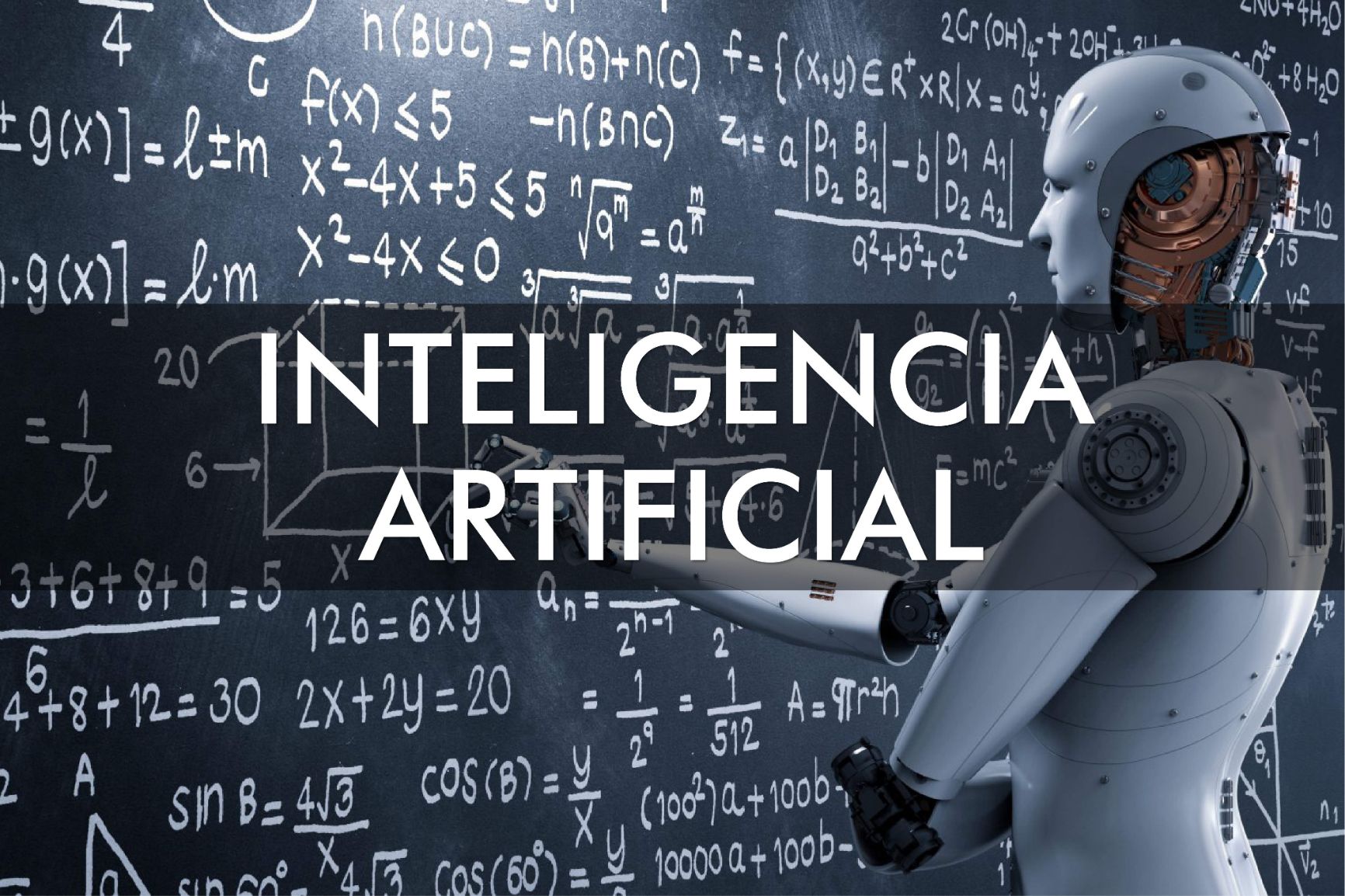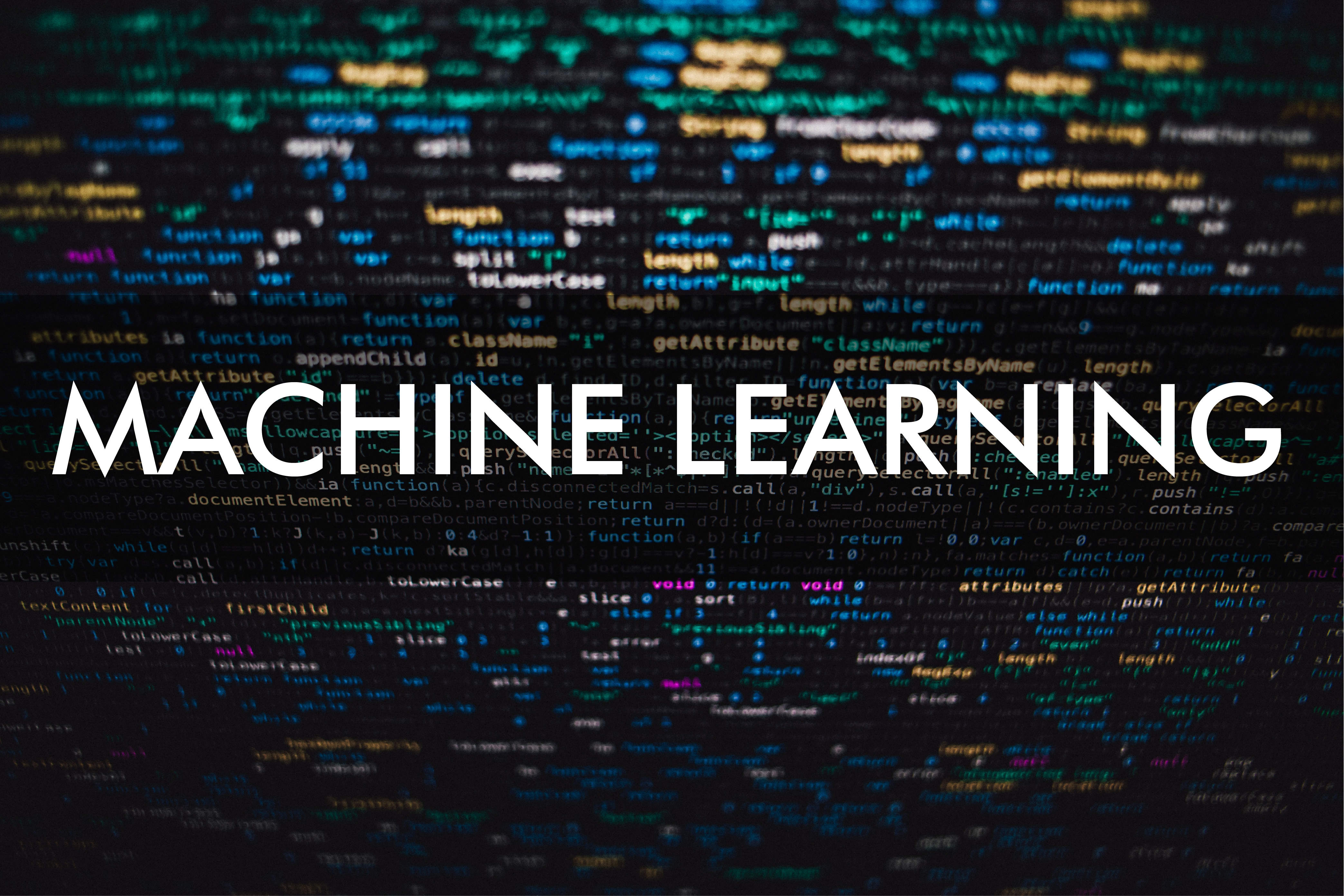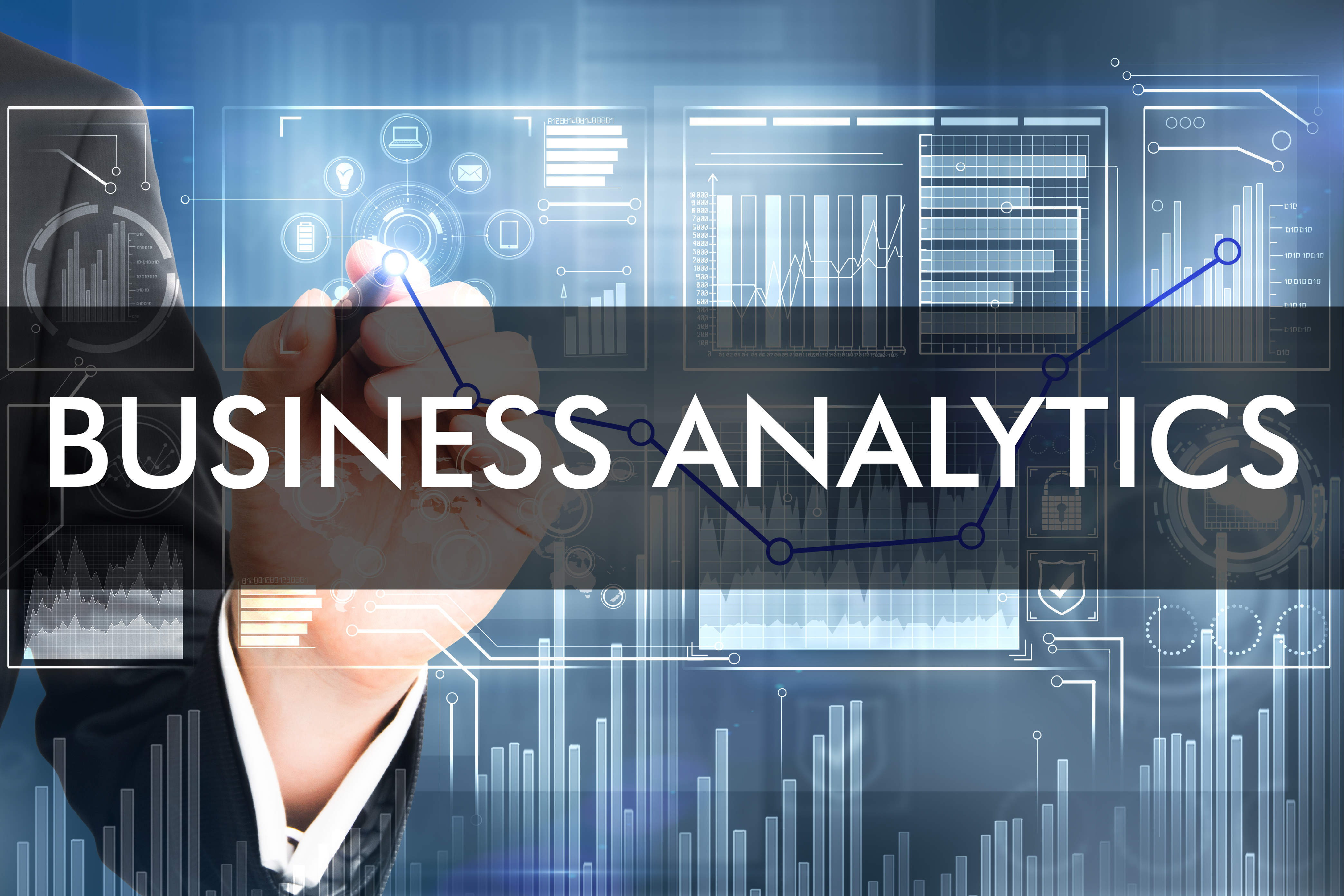Artificial Intelligence, the Sci-Fi future we live in
When we hear about Artificial Intelligence, we almost always get the image
of an android, good or bad, depending on what our favorite movie is, who acts
and thinks like a human being. Because of this idealized image the great
advances in this field are not so evident to us and, often, we are not aware of
the large number of artificial intelligence tools with which we already
interact every day, or that have some influence on our lives.

Scene from the film "I, Robot" (2004)
Routes to reach our destination, recommendations of music, products or travel, translation and spelling correction, search of photographs and images, cameras that recognize faces and follow objects, personal assistants and avatars in games, are some artificial intelligence applications that we already use daily.
On the other hand, media and social networks tell us about vehicles with higher levels of autonomy, drones that deliver goods, as well as robotic factories and warehouses that transform supply chains. At the same time, we are also surprised by stories about computer that beat world chess and Go champions, or that triumph in contest TV shows.
Finally, more and more companies, organizations and government agencies rely on artificial intelligence tools to make decisions that impact our lives beyond the acquisition of a good or service. Diagnosis of diseases, authorization of credits, setting of insurance premiums, HR recruiting, election campaigns and even police surveillance and prosecution of crimes are areas where these tools are already used.

Facial Recognition. Photo by Kaique Rocha de Pexels
Several circumstances have enabled the development of new and better algorithms to produce what is now known as the spring of artificial intelligence, which promises to become a hallmark of this 21st century:
- The explosive spread of the use of smartphones with a capacity equal to that of a desktop computer,
- Social networks that have revolutionized the way we interact,
- Communication networks that transmit astronomical volumes of data, texts, images and sounds, and
- Powerful computers that processes all this information effectively.
What will determine that this technological advancement is for the benefit of humanity will be the use we give it. As an open letter signed by more than 8,000 scientists and researchers, including Stephen Hawkins, Elon Musk and Steve Wozniak, says: the potential benefits are enormous, as all that civilization offers today is a product of human intelligence. We cannot predict what can be achieved when this intelligence is magnified by the tools that artificial intelligence can provide, without ruling out the eradication of disease and poverty, but it is important to investigate how to avoid potential pitfalls and risks.
The best way for society to guide this process is through diffusion and education:
- that help dispel the veil of mystery surrounding this field, as it brings together complex disciplines achievable only for the initiates,
- to avoid the hasty use of these tools in sensitive or public interest areas, driven only by the confidence that scientists and technicians will know what needs to be done to mitigate adverse effects, and
- to make it easier for business, professionals, students and citizens to take advantage of potential opportunities and benefits and compete, in order to avoid creating inequality or discrimination.
INTELIGENCIA FUTURA is born in order to contribute a grain of sand in the dissemination and education of the general public about this fascinating field of knowledge, so we have committed ourselves to the task of learning and trying to spread knowledge acquired to answer big questions on the subject.

How is it possible that with an algorithm a computer can identify a person, predict their behavior, or interpret what they say or write?
What are the areas covered by artificial intelligence and what are the advances and perspectives in each of them?
How do the most important or popular algorithms work and what kind of tools are there to use them?
What is the current situation of artificial intelligence in the world, is the same in all countries, what is the situation in Mexico?
What are the implications of its use for the future of humanity, why connotated characters warn of risks and dangers?
What are governments and organizations doing to make the application of artificial intelligence beneficial to society?
What challenges and opportunities does it represent today for businesses, what can it be done to avoid the former and take advantage of the latter?
What development opportunities exist for students or professionals who want to pursue a career in this area?
These are some of the questions that week by week we will try to answer in INTELIGENCIA FUTURA, where we will also share information and resources that might be useful for companies and people interested in entering this field. Likewise, we will welcome your comments, always in the spirit of sharing this amazement and this enthusiasm to witness what may be the advent of a new era in the history of humanity, this extraordinary science fiction future that we got to live in.
Did you enjoy this post? Read another of our posts here.



